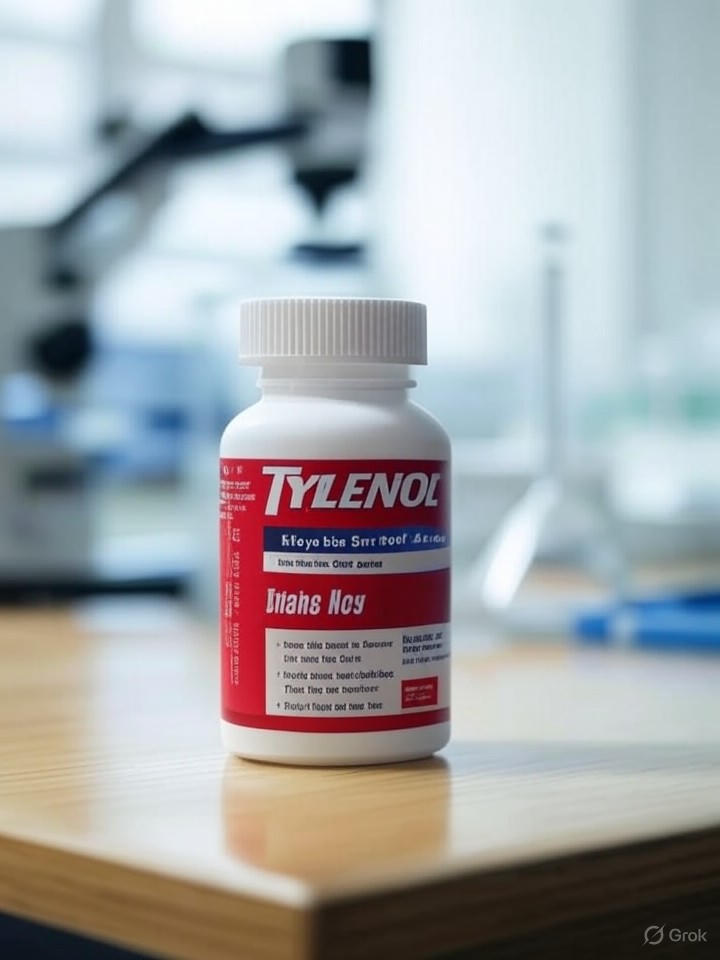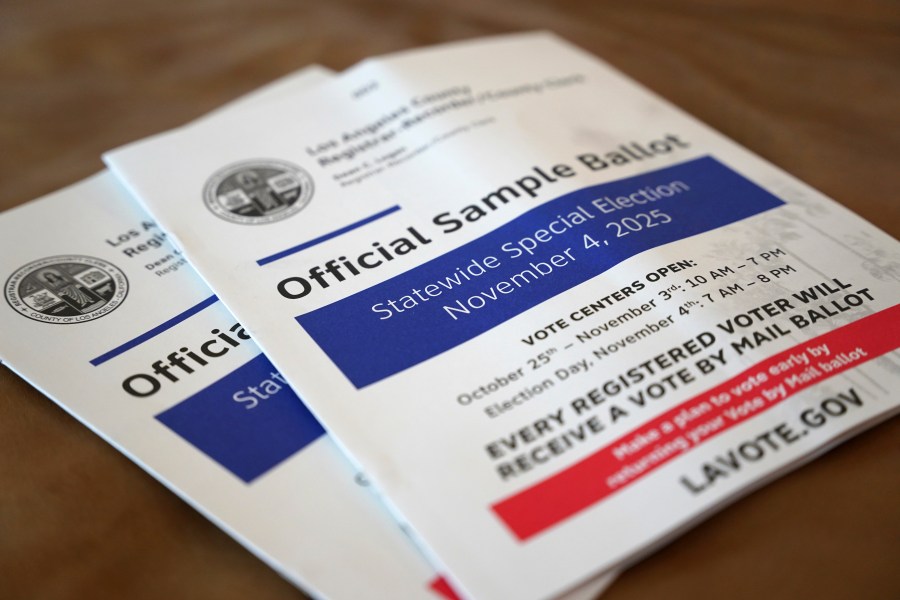Texas Attorney General Ken Paxton has filed a significant lawsuit against Johnson & Johnson and its spinoff Kenvue, accusing the companies of misleading marketing of Tylenol to pregnant women while allegedly concealing potential links to autism and ADHD. Announced on October 28, 2025, this legal action has stirred intense debate within the pharmaceutical industry and the public.
The lawsuit claims that the companies knowingly suppressed information regarding the risks associated with acetaminophen, the active ingredient in Tylenol, despite growing concerns among medical professionals and the public. Paxton asserts that this alleged deception violates Texas consumer protection laws, raising the possibility of substantial penalties for the companies involved. Kenvue, which now oversees the Tylenol brand, has pledged to “vigorously defend” against these allegations, emphasizing the product’s safety based on established scientific consensus.
Political Context and Implications
The lawsuit’s timing is particularly noteworthy, coinciding with an update from Robert F. Kennedy Jr., the U.S. Health Secretary, who recently issued guidance discouraging the use of acetaminophen during pregnancy. This guidance has drawn attention, especially after public statements from President Trump, who has linked prenatal acetaminophen use to autism, although these claims lack scientific backing. Observers note that Paxton’s legal action aligns with his political ambitions, including a potential run for the U.S. Senate, as highlighted by coverage from The Washington Post.
Industry analysts suggest that this case reflects a trend where political figures exploit health controversies to gain leverage, as noted in a report by The New York Times. The suit appears to follow the narrative established by Trump’s unproven assertions, raising concerns about the intersection of political motives and scientific integrity in regulatory matters.
Scientific Evidence and Legal Repercussions
At the core of the ongoing debate is the scientific evidence relating acetaminophen to neurodevelopmental disorders. While various studies hint at potential associations, no definitive causal relationship has been established. Reports from BBC News emphasize that the lawsuit’s claims cite alleged dangers, but the defendants point to extensive FDA approvals and endorsements from global health organizations affirming Tylenol’s safety for pregnant individuals.
Recent analyses, including those from ABC News, indicate that Paxton’s assertions rely on research that has been contested and debunked by the scientific community. Experts caution that while correlation can be observed in some studies, it does not imply causation, urging a careful interpretation of the data to avoid unnecessary panic.
Johnson & Johnson and Kenvue have issued strong denials regarding the allegations. Kenvue stated in a press release, reported by CNN, that they intend to defend the safety record of their product vigorously. The companies highlight over five decades of research supporting the use of acetaminophen, framing the lawsuit as politically motivated and lacking substantive basis.
Legal experts anticipate a drawn-out legal battle, with implications for product liability standards. The suit seeks injunctions and penalties, but proving deception could depend on internal documents that might reveal any suppressed research.
The pharmaceutical industry is closely monitoring the situation, as a favorable outcome for Texas could inspire similar lawsuits in other jurisdictions. Insights from the Genetic Literacy Project warn that this case could undermine mainstream scientific understanding, following the pattern of RFK Jr.’s anti-vaccine rhetoric and potentially eroding public trust in established medications.
Public sentiment about the lawsuit is divided, with social media platforms reflecting a mix of support for the claims and skepticism about their validity. Discussions have emerged, including statements from medical professionals like Mary Talley Bowden MD, who referenced historical allegations of cover-ups in the pharmaceutical industry.
Economic implications are significant, as Tylenol generates billions in revenue annually. Adverse rulings could lead to product recalls or changes in labeling, with analysts predicting stock volatility for both Kenvue and Johnson & Johnson in light of recent developments.
Public Health Considerations
Beyond the legal ramifications, the lawsuit raises serious questions about public health messaging. Kennedy’s guidance, as detailed by CBC News, could discourage the use of acetaminophen without solid evidence, potentially leaving pregnant women with fewer safe pain relief options. Physicians and researchers express concern about the spread of misinformation, emphasizing the need for evidence-based policies in health care.
Historically, acetaminophen has faced scrutiny in previous lawsuits and studies, with allegations against various pharmaceutical companies for misleading practices. The current lawsuit specifically targets the marketing of Tylenol to pregnant women, a focus amplified by the endorsements from Trump and Kennedy.
As the situation develops, regulatory bodies like the FDA may face increasing pressure to reevaluate guidelines concerning acetaminophen. Industry insiders speculate that this could lead to greater transparency for over-the-counter medications.
Ultimately, the lawsuit illustrates the complex interplay between science, politics, and law in America’s health landscape, with outcomes that could reshape pharmaceutical accountability for years to come. The case underscores the necessity for rigorous scientific scrutiny in health-related claims, particularly when intertwined with political agendas.







